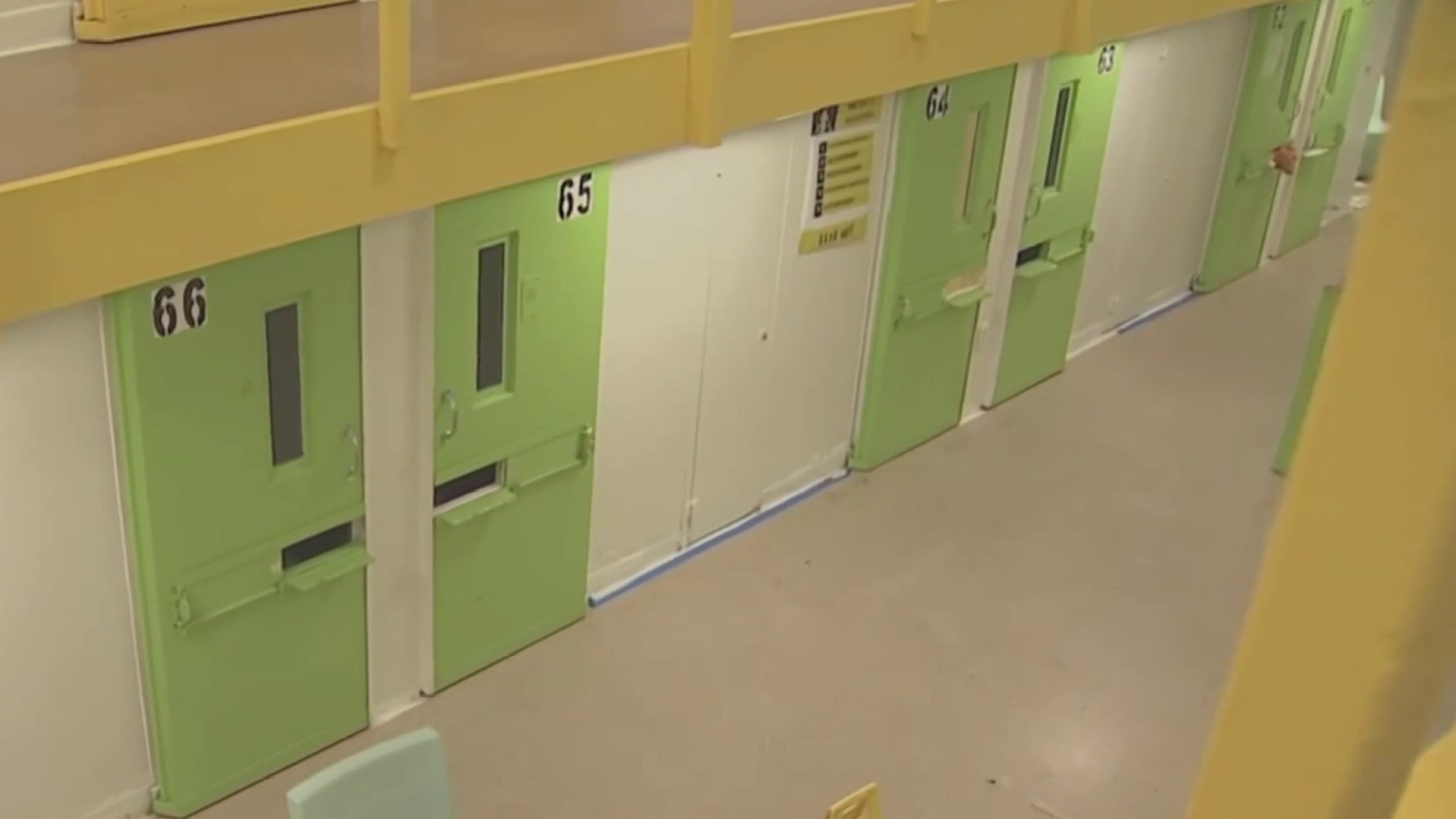Justice Department officials have been evaluating how to wind down the two federal criminal cases against President-elect Donald Trump before he takes office to comply with longstanding department policy that a sitting president can’t be prosecuted, two people familiar with the matter tell NBC News.
The latest discussions stand in contrast with the pre-election legal posture of special counsel Jack Smith, who in recent weeks took significant steps in the election interference case against Trump without regard to the electoral calendar.
But the sources say DOJ officials have come to grips with the fact that no trial is possible any time soon in either the Jan. 6 case or the classified documents matter — both of which are mired in legal issues that would likely prompt an appeal all the way to the Supreme Court, even if Trump had lost the election.
Now that Trump will become president again, DOJ officials see no room to pursue either criminal case against him — and no point in continuing to litigate them in the weeks before he takes office, the people said.
“Sensible, inevitable and unfortunate,” said former federal prosecutor Chuck Rosenberg, an NBC News contributor.
How Trump’s legal jeopardy has unfolded over the past year, in terms of both the criminal charges and his sweeping election victory, is unprecedented.
The sources said it will be up to Smith to decide exactly how to unwind the charges, and many questions remain unanswered. Could the prosecutions resume after Trump leaves office or would they be time-barred? What happens to the evidence? What about the two other defendants charged with helping Trump hide classified documents? Will Smith write a report, as special counsels usually do?
Politics
Political news from the U.S. Capitol, White House and around Washington, D.C., Maryland and Virginia
The sources say all those issues require study and research.
At the same time, Trump’s legal team is weighing their own next steps for how to resolve the outstanding federal cases in the former president’s favor now that he is the projected winner of the election. The ultimate goal is to get all of the federal and state cases wiped out completely — the strategic call is how best to accomplish that task, according to a person familiar with the discussions.
If the Trump side, for example, moved again in court to dismiss the charges in Washington for election interference, then the Justice Department could use its legal response to explain its position on not moving forward with that case.
Trump’s New York criminal case presents different challenges with a felony conviction and sentencing hearing scheduled for Nov. 26. The immediate goal of Trump’s legal team is to get that postponed indefinitely or otherwise dismissed.
The Georgia election interference case against Trump remains tied up on appeals over ethical issues surrounding the district attorney.
The DOJ’s thinking on Trump’s federal cases flows from a 2000 memo by the Justice Department’s Office of Legal Counsel, which affirmed a Watergate-era conclusion that a prosecution of a sitting president would “unduly interfere in a direct or formal sense with the conduct of the presidency.”
“In light of the effect that an indictment would have on the operations of the executive branch, ‘an impeachment proceeding is the only appropriate way to deal with a President while in office,’” the memo concluded, quoting the earlier conclusion.
The practical reality of Trump’s electoral victory Tuesday is that he is unlikely ever to face legal consequences for the serious federal criminal charges brought against him by career Justice Department prosecutors working with career FBI agents.
Some commentators have said the charges were arguably more serious than the conduct in the Watergate scandal that cost Richard Nixon the presidency and left him banished from politics.
In the case accusing Trump of conspiring to illegally overturn the 2020 election, he is charged with conspiracy to defraud the United States, obstruction of an official proceeding and conspiracy against rights.
In the classified documents case, he is charged with willful retention of national defense information, conspiracy to obstruct justice, lying to investigators and withholding documents in a federal investigation.
“The idea that you could win an election to avoid justice just cuts so deeply against my expectations for our legal system and for our politics too,” said Joyce Vance, a former U.S. Attorney and NBC News contributor. “But the voters have spoken, and that’s where we are.”
She added that it has never been a foregone conclusion that Trump would be convicted — that would be up to a jury.
“What bothers me so deeply is that he’s avoided the quintessential part of American justice — letting a jury decide, based on the evidence.”
For more on this story, tune in to NBC Nightly News with Lester Holt tonight at 6:30 p.m. ET/5:30 p.m. CT or check your local listings.
This story first appeared on NBCNews.com. More from NBC News:



